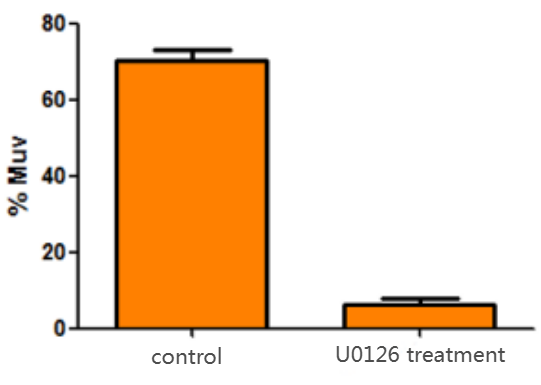Anti-cancer Drug Screening
Cancer drug research is currently moving towards precision therapy and immunotherapy. While, traditional chemotherapy and radiotherapy remain foundational, they often face limitation such as drug resistance and side effects. In recent years, emerging therapies such as targeted therapy, immune checkpoint inhibitors, and gene editing technology have made certain progress and brought new hope to cancer treatment, especially in personalized treatment and early diagnosis.
C. elegans provides unique advantages for anticancer drug research due to its:
· First fully sequenced genome with high homology to human genes.
· Stable somatic cell lineage, enabling clear observation of phenotypic changes.
· Utility in studying disrupted proliferation and developmental patterns to elucidate drug mechanisms.
The model is particularly useful for investigating drug effects on cancer cells proliferation, cancer cell apoptosis, and oncogenic signaling pathways regulation.
Our Services
We offer anticancer drug screening using C. elegans models designed to mimic key cancer signaling pathways, including Ras and Notch Pathway Models: Evaluate drugs targeting oncogenic pathways by observing phenotypic changes, such as the multi-vulva (Muv) phenotype induced by EGFR overexpression or mutations in let-23 and let-60 genes. Quantitative assessment of the Muv phenotype provides a reliable indicator of drug efficacy.

Figure 1 The Muv phenotype disappears after treatment with anti-tumor compounds in the model nematode Caenorhabditis elegans

Muv C. elegans in the model C. elegans after treatment with the anti-tumor drug U0126
Related Services
H007-Lifespan assay
C002-Quantitative real-time PCR assay
Additional services are available upon request. Contact us for tailored research solutions.


